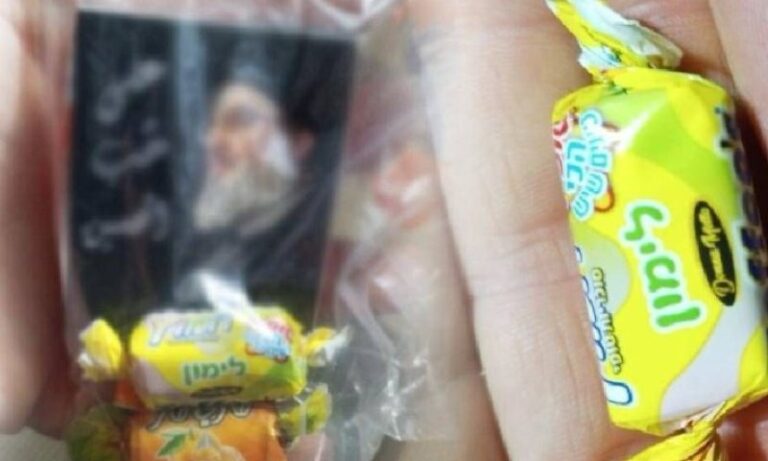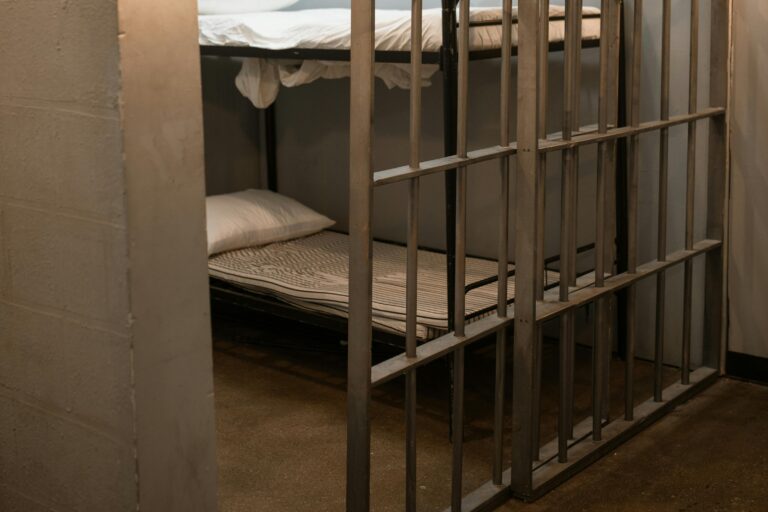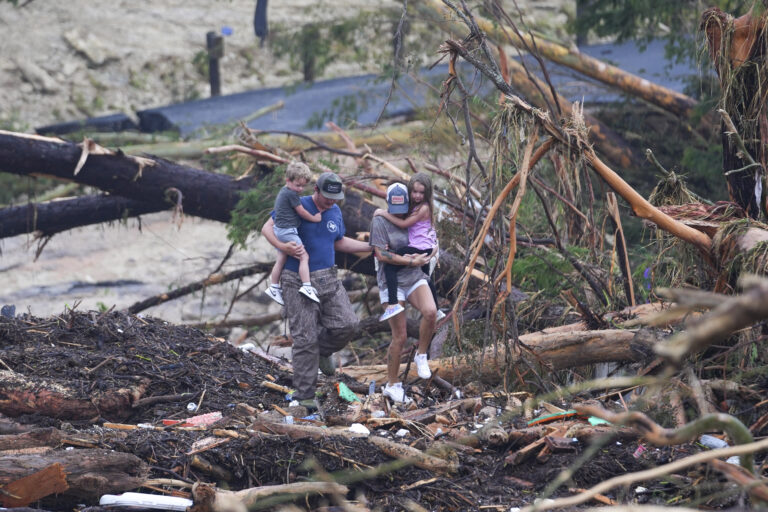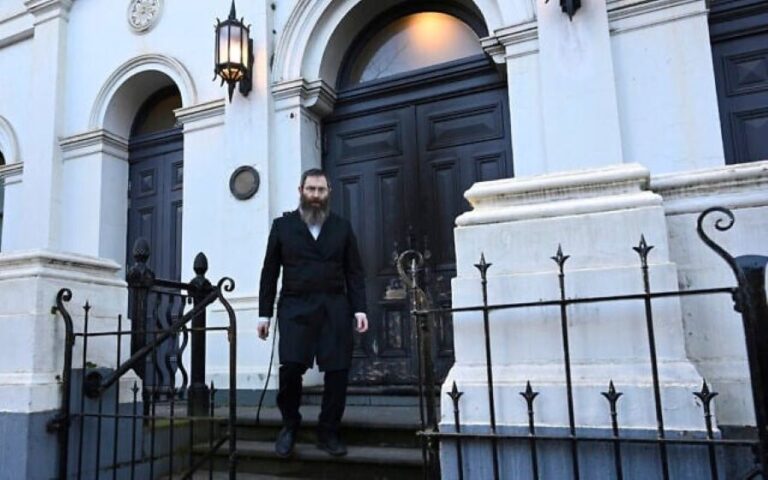While there is a measure of euphoria among many Israelis, who feel the Kineret is benefiting greatly from recent rainfall, the prediction of the expects is far from reason to celebrate, but in fact, is reason for grave concern.
Both Mekorot and the Israel Water Authority have established a plan through 2050, a plan costing NIS 7.5 billion to ensure a sufficient supply of water for homes and farms alike. The problem they point out is that even if this year brings abundance of rainfall to the Kineret, the situation is still one of crisis due to the four previous drought years.
The Marker quotes an anonymous water expert stating that they predict that the Kineret will never return to what it was 20 years ago, but remain a swamp. Haaretz adds that predictions of the water crisis are so severe that a plan to build a new neighborhood in Herzliya for 1,000 people whose apartments would be part of Finance Minister Moshe Kahlon’s Machir Lemishtaken (Buyer’s Price) program could be postponed due to the water shortage.
A Mekorot source is quoted by Haaretz warning there are concerns regarding the establishment of a water desalination plant in the Western Galil, citing that area might find itself with water running from faucets as early as next year since that area relies primarily on natural water sources and it is unlikely for the situation to change sufficiently during the remaining weeks of winter 2018.
There is a plan to build three additional water desalination plants; in the W. Galil, in Sorek (S. of Tel Aviv) and in Chefer (N. of Tel Aviv). New drilling is also ongoing, and plans call to pump water into the Kineret, which was once the primary potable water source for the nation.
There is also talk of drilling new wells and then turning them into aquifers by 2030 as well as improving existing wells. This plan cost an additional four billion shekels. The different plans address the urgency of the situation, but nonetheless, they are quite costly, requiring spending at least one billion shekels in the first two years alone to begin realizing some of the required upgrades and additions.
The report adds, “Israel uses 85% of its reclaimed water but by bringing the figures up to nearly 100% Israel can add 70 million cubic meters to its overall water supply”.
The plans being hatched out by the experts are among the most advanced in the world, yet costly as they are necessary, all because of the lack of rainfall. The reports do not mention the power of teshuvah and how HKBH can fill the Kineret this season should He decide to do so, and the power Am Yisrael has on the quantity of rainfall in Eretz Yisrael annually.
(YWN – Israel Desk, Jerusalem)












One Response
The only problem with desalination is the cost. There is no shortage of water, and if you hold by alarmist view of “global warming” pumping water from the seas and oceans will prevent flooding due to ice caps melting. The Israelis have pioneered in lowering the cost of desalination and they might as well exploit it.